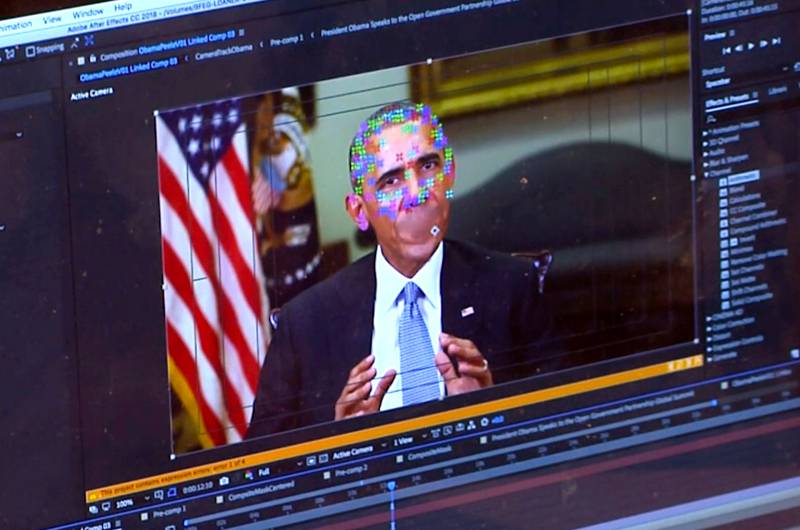One year ahead of the 2024 presidential election, California Common Cause, a nonprofit, nonpartisan good government advocacy group, has launched the California Institute for Technology and Democracy (CITED), to counter the impacts of AI, deepfakes and disinformation.
“It makes sense that the first such effort is in California, a state that is home to the largest technology companies in the world, but also a state that has a track record of leading the nation in technology policy regulation,” said Ishan Mehta, media and democracy program director at the national branch of Common Cause in Washington D.C., during a Tuesday news conference.
CITED, which claims to be the first organization of its kind at the state level, wants to serve as an information hub, recommending policies to state and congressional lawmakers and highlighting what online tools could be used to spread disinformation, especially during election seasons.
“Much of the recent policy focus has been on the concerns of the use of AI tools for national security and law enforcement purposes, and I think rightly so. But I think now it’s also time for us to focus on how these same tools can be misused to improperly influence and manipulate our democratic processes. Whether real or not, they can pose a threat to the integrity of elections,” said Angélica Salceda, director of the ACLU of Northern California’s Democracy and Civic Engagement Program.



